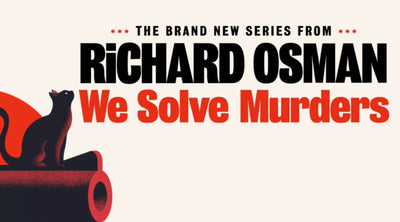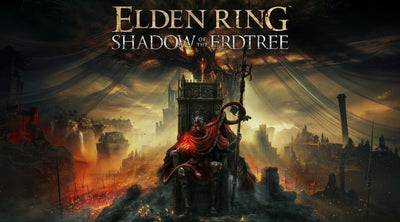
The Evolution of a Relational Paradigm in Transactional Analysis
What's the Relationship Got to Do With It?
Click here to join our rewards scheme and earn points on this purchase!
Release Date: 01/10/2019
What's the Relationship Got to Do With It?. This collection of 14 stunning articles from the Transactional Analytic Journal, written over a period of nearly three decades, traces the evolutionary process of a way of thinking that incorporates both theoretical innovations and advanced methodological ideas. In this fascinating and robust volume, the editors have compiled a collection of articles that provides an account of their individual theoretical journeys as they trace the evolution of relational transactional analysis. They re-examine the term ‘relational’, offering the reader a multiplicity of ways in which to conceptualise the theory of transactional analysis from a truly pluralistic perspective. This collection of 14 stunning articles from the Transactional Analytic Journal, written over a period of nearly three decades, traces the evolutionary process of a way of thinking that incorporates both theoretical innovations and advanced methodological ideas. Central to the themes of this book is a theoretical understanding of the bidirectionality of the relational unconscious, alongside a methodology that not always, but most often, demands a two-person methodology in which the therapist’s subjectivity comes under scrutiny. Uniquely useful as a research tool for psychotherapists interested in the most up to date psychological theories, this book offers a perspective on relational theory that is both respectful and critical. It will be of enormously useful to the trainee, the researcher, the clinician and the supervisor and will help inform the development of a clinical dialectical mind.




